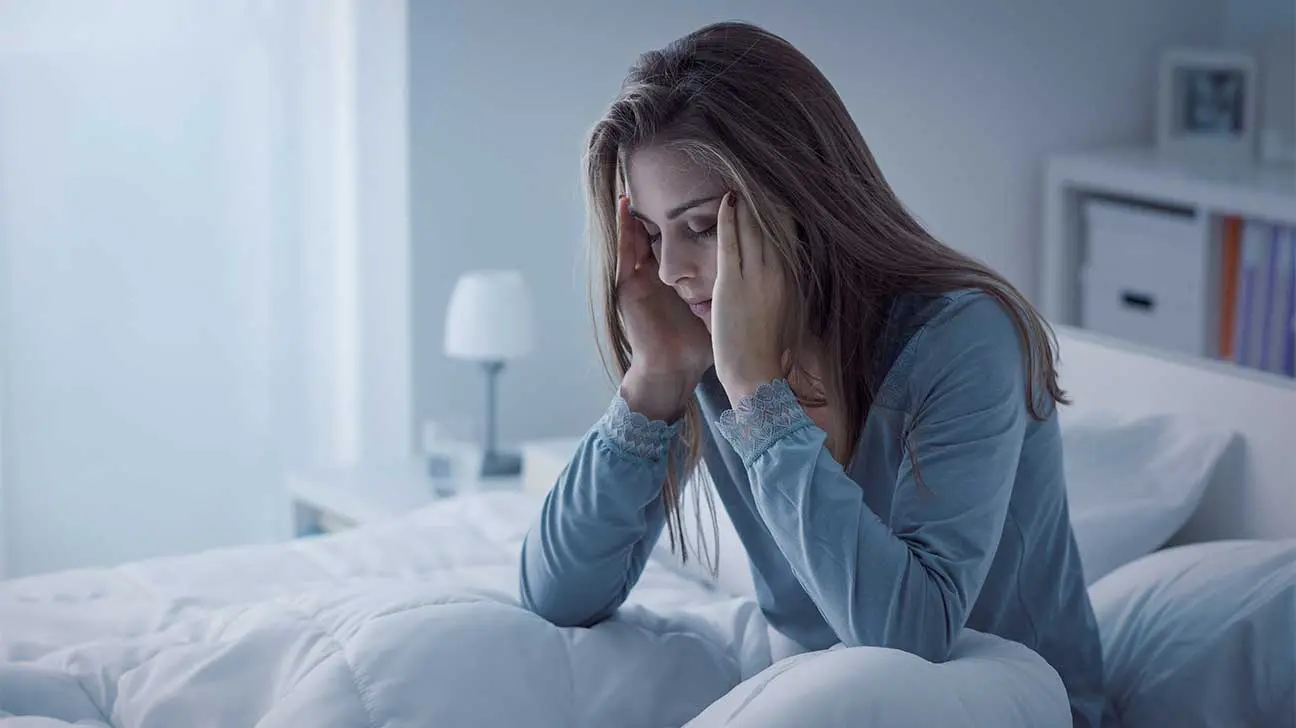
According to the National Institute on Drug Abuse, there are over 1.5 million people in the United States who currently use cocaine. The vast majority of them are young adults who are under the age of 25 years old.
This is problematic because of the long-term impact the drug has on their physical and mental health.
Not only does cocaine affect the reward centers of the brain, but it can reduce a person’s ability to recognize their need for sleep. This, in turn, can lead to the development of a sleep disorder called insomnia, which may affect a person’s amount of sleep and sleep quality as well as other sleep-related issues.
Cocaine isn’t the only drug that leads to sleep deprivation. People in treatment for opioid use disorders using the opioid methadone may also experience sleep disturbances.
Like any other health issue related to addiction, insomnia has to be treated differently because of the potential dependency issues at play.
To help secure adequate substance abuse treatment for a loved one affected by a cocaine use disorder and insomnia, learn more about both conditions.
Can Long-Term Cocaine Use Lead To Insomnia?
Cocaine use and insomnia can simultaneously occur because the effects of cocaine work to speed up the central nervous system.
This is much different than the effects of other commonly abused drugs, like opioids or benzodiazepines, which can slow it down. Not long after the powdery substance is snorted or injected into the body, a person will feel an instant euphoric sensation because it causes the brain to release more dopamine.
Dopamine increases a person’s heart rate and makes them feel more energetic. But the dopamine boost doesn’t last very long.
Those who have a cocaine dependence, or chemical dependency on the drug, try to keep up the sensation. They don’t want to feel the withdrawal effects that stopping the drug can cause.
When this continues on a long-term basis, the brain essentially becomes rewired to not be able to recognize the need for sleep, leading to sleep problems.
Medical professionals believe this occurs because those with a cocaine addiction often binge on the drug for several days straight. This causes changes in the human circadian rhythms (internal sleep cycle), affecting their rapid eye movement cycle (REM sleep), sleep quality, and total sleep time when they do rest.
How Withdrawal From Cocaine Use Leads To Insomnia
Insomnia from cocaine withdrawal doesn’t usually begin until several days after a person stops substance abuse.
At first, they will sleep better than they have for a long time. This is because their central nervous system is crashing from exhaustion.
Once the cocaine has been flushed from the body during the detoxification process, it is common for a person to have poor sleep for at least six months.
This can be problematic because not getting enough sleep causes memory and learning deficits, which are comparable to those a person would have from drinking several alcoholic beverages.
During this time, a person struggling with cocaine addiction may experience a relapse. They try to correct the impairments caused by insomnia from cocaine withdrawal in the only way they know how to.
Treatment For Cocaine Use And Addiction
Treatment for cocaine use begins with a detoxification process to help flush the drug out of the body. Although the amount of time can vary, this can take up to three weeks to complete.
Detox depends on how long a person has been using cocaine and which withdrawal symptoms they are experiencing. After this, individual and group therapy sessions can begin in inpatient treatment or outpatient treatment programs.
It can be unsafe for individuals addicted to cocaine to take any medications for insomnia that could be addictive. While cannabis has been used in some early studies to help those with insomnia, its effectiveness and any potential side effects have not yet thoroughly been tested.
Treatment programs will integrate any medications that may be necessary to aid in detox. Sometimes, natural remedies are allowed to help get the circadian cycle back to normal, though, such as chamomile tea and melatonin.
Cognitive behavioral therapy has also been shown to have effective treatment outcomes for sleep disorders because it helps to retrain the brain to relax at night.
It is very important that anyone whose sleep patterns have been affected by cocaine use gets the treatment that they need.
Those who need help finding a rehab center that can help with the process should be sure to contact one of our treatment specialists for more information.
Addiction Resource aims to provide only the most current, accurate information in regards to addiction and addiction treatment, which means we only reference the most credible sources available.
These include peer-reviewed journals, government entities and academic institutions, and leaders in addiction healthcare and advocacy. Learn more about how we safeguard our content by viewing our editorial policy.
- Center for Substance Abuse Research — Cocaine
http://www.cesar.umd.edu/cesar/drugs/cocaine.asp - National Institute on Drug Abuse — What are the long-term effects of cocaine use?
https://www.drugabuse.gov/publications/research-reports/cocaine/what-are-long-term-effects-cocaine-use - National Institute on Drug Abuse — What is the scope of cocaine use in the United States?
https://www.drugabuse.gov/publications/research-reports/cocaine/what-scope-cocaine-use-in-united-states


